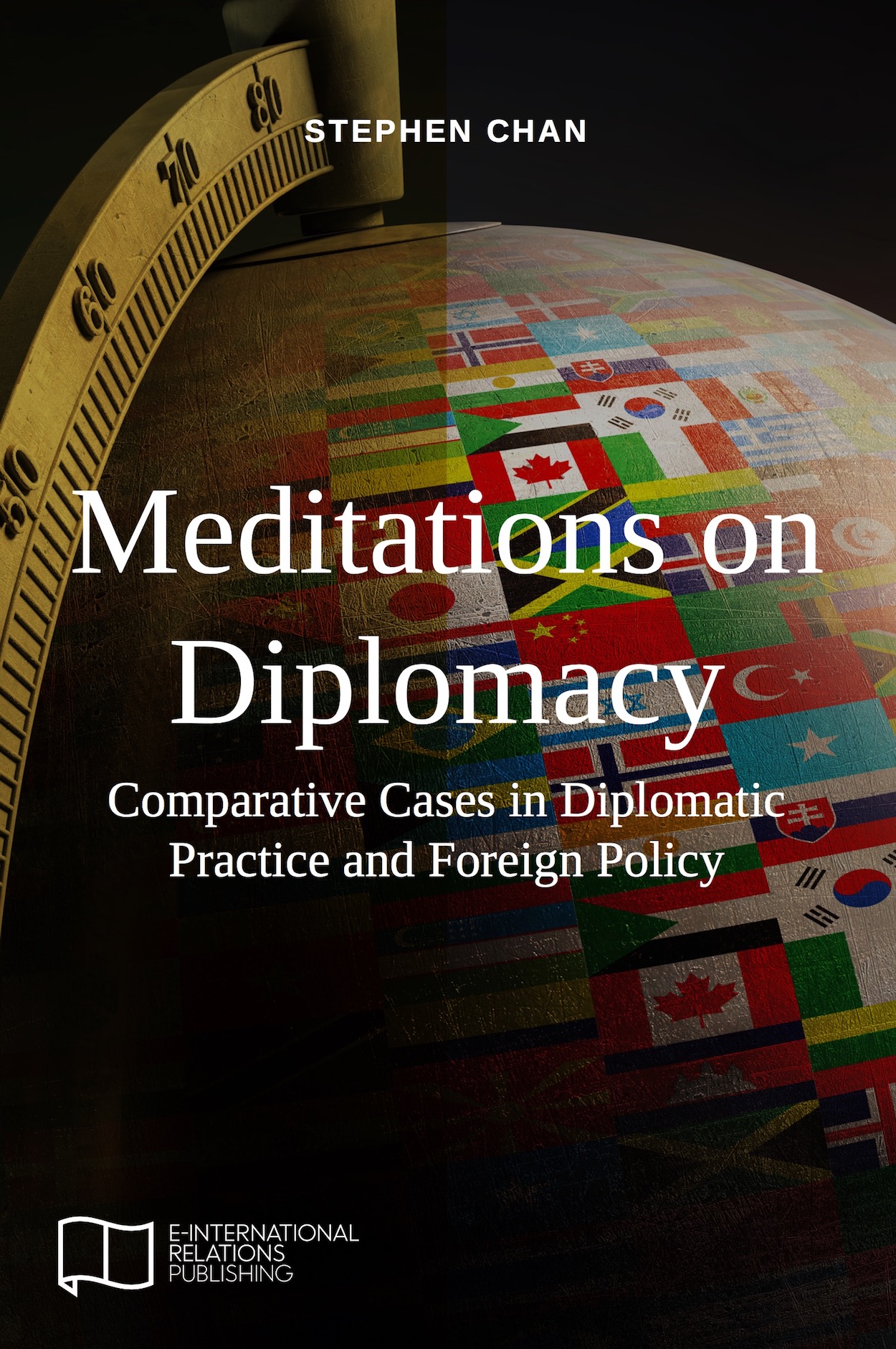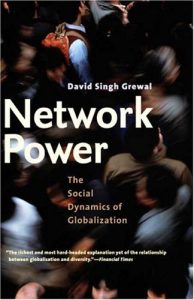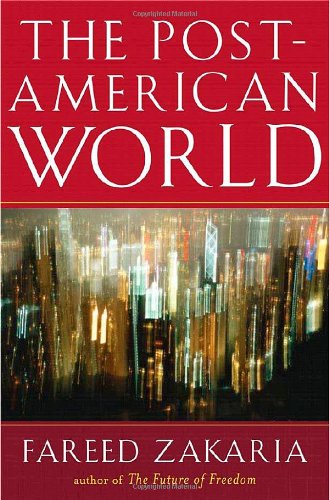

And Kissinger’s portraits of his colleagues and counterparts are often candid and full of insights. But if you want some idea of what it is like to run a great power’s foreign policy, this is a powerfully argued and often revealing account. Memoirs should always be read with a skeptical eye, and Kissinger’s are no exception.

Kissinger, White House Years & Years of Upheaval. This book will help you understand where it came from and why it endures.ĩ). The state is the dominant political form in the world today, and nationalism remains a powerful political force. Clearly written, controversial, and depressingly persuasive.Ĩ). Why do bad things happen to good peoples? Why do “good states” do lots of bad things? Mearsheimer tells you. Mearsheimer, The Tragedy of Great Power Politics. Among other things, it convinced that I would never know as much history as Jervis does. Arguably still the best single guide to the ways that psychology can inform our understanding of world politics.
BEST INTERNATIONAL RELATIONS BOOKS 2016 FREE
I read this while tending bar at the Stanford Faculty Club in 1977 (the Stanford faculty weren’t big drinkers so I had a lot of free time). Robert Jervis, Perception and Misperception in International Politics. Stayed up all night reading this compelling account of a great national tragedy, and learned not to assume that the people in charge knew what they were doing. David Halberstam, The Best and the Brightest. Reading Scott’s work (to include his Weapons of the Weak and Domination and the Arts of Resistance) provided the intellectual launching pad for my book Taming American Power).ĥ). And it’s a book that aspiring “nation-builders” and liberal interventionists should read as an antidote to their own ambitions. Scott pins the blame for these grotesque man-made disasters on centralized political authority (i.e., the absence of dissent) and “totalistic” ideologies that sought to impose uniformity and order in the name of some dubious pseudo-scientific blueprint. This isn’t really a book about international relations, but it’s a fascinating exploration of the origins of great human follies (like Prussian “scientific forestry” or Stalinist collectivized agriculture). James Scott, Seeing Like a State: How Certain Schemes to Improve the Human Condition Have Failed. And if only more scholars wrote as well.Ĥ). (The essays found in Schelling’s Strategy of Conflict are more technical but equally insightful). Robert Pape’s Bombing to Win and Wallace Thies’s When Governments Collide) but more than anyone else, Schelling taught us all to think about military affairs in a genuinely strategic fashion. Some of Schelling’s ideas do not seem to have worked well in practice (cf. He’s a Nobel Prize winner now, so one expects a lot of smart ideas. The Best International Relations Schools in the World: U.S.


But I’ve just scratched the surface here, so I invite readers to contribute their own suggestions.ġ). What follows aren’t necessarily the books I’d put on a graduate syllabus instead, here are ten books that either had a big influence on my thinking, were a pleasure to read, or are of enduring value for someone trying to make sense of contemporary world politics. The FP staff asked me to follow suit with some of my favorites from the world of international politics and foreign policy. Last week Tom Ricks offered us his “Top Ten list” of books any student of military history should read.


 0 kommentar(er)
0 kommentar(er)
